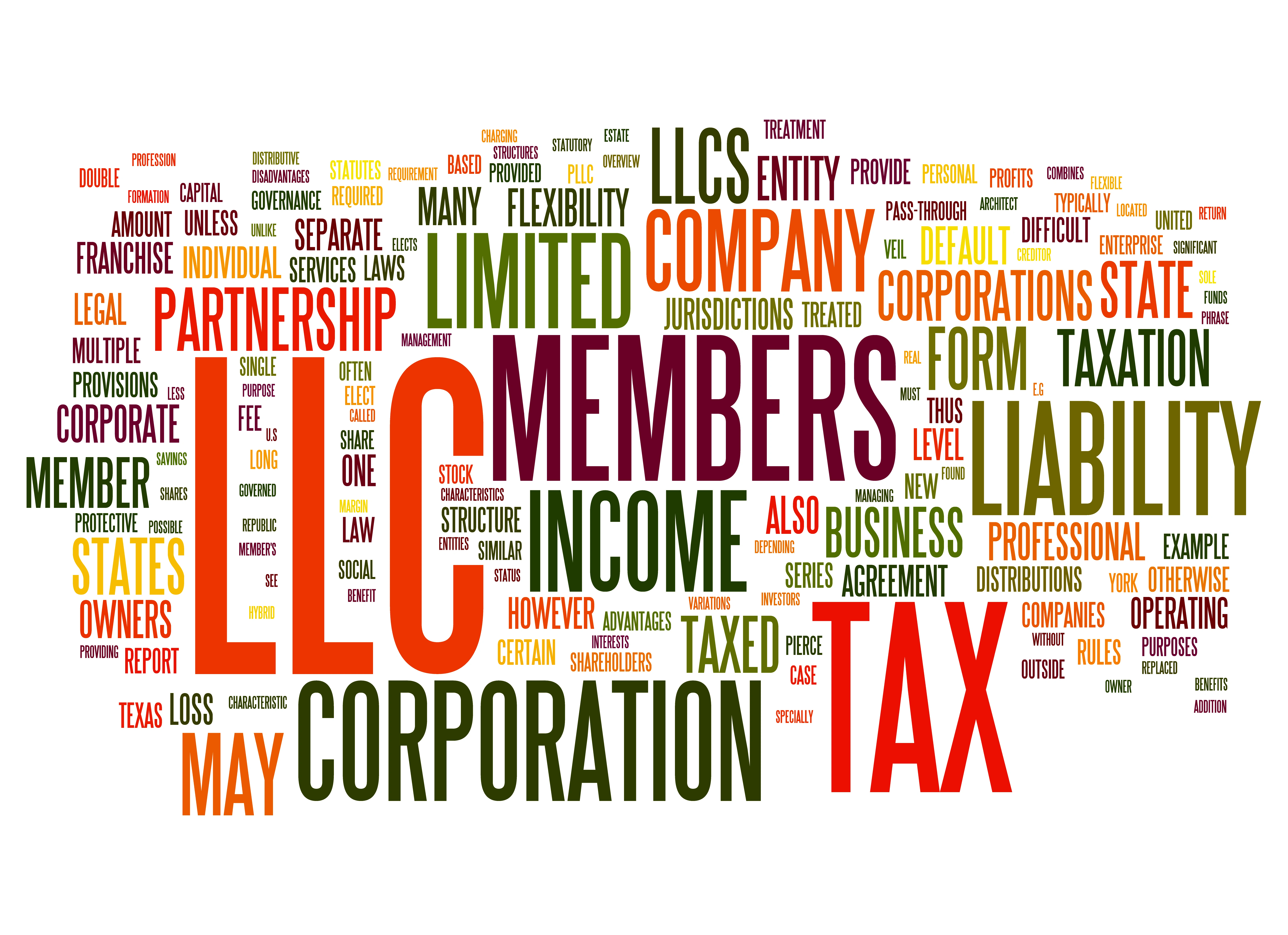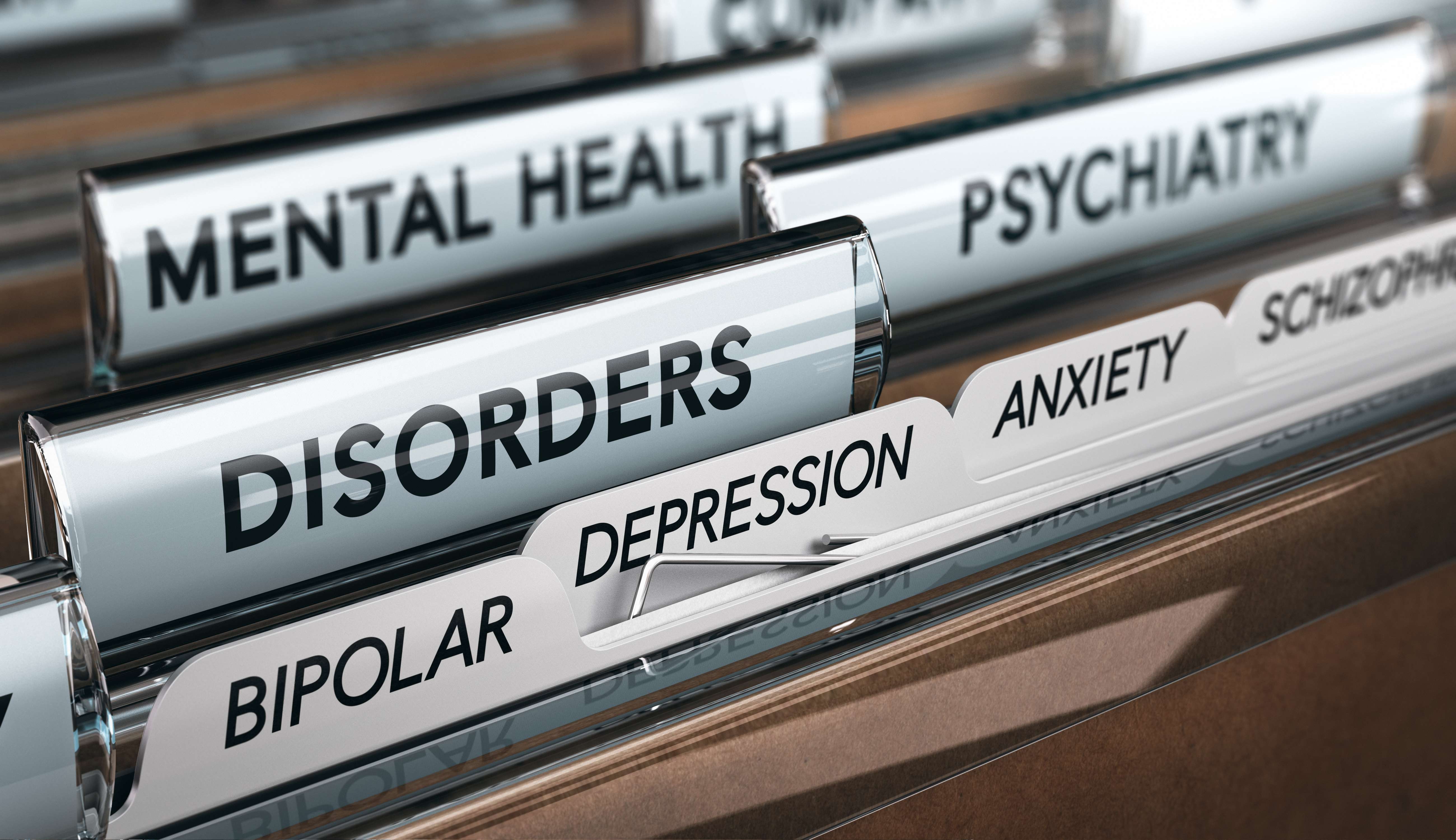Acute COVID Relationship Distress (ACRD)
I’m coining a new diagnosis: Acute COVID Relationship Distress. If you’re in a relationship during COVID-19, 2020, then you might experience some of the symptoms: increased irritation towards your partner, increase drive for alone time and decreased interest in physical touch, excessive anxiety and worry that includes questions about the viability of the relationship.
Since mid-March 2020, Pat and Leslie have worked from home. Already their relationship was distressed. Something within the
relationship was missing for quite a while now. Pat, in particular, already felt ambivalent about whether to remain partnered with Leslie even before COVID-19 disrupted life. Plainly put: 0ne foot in, one foot out.
Pat now finds irritation growing. You see, Pat has long identified as an introvert and enjoyed time alone, whether sitting at a coffee shop, going solo to the movie or meandering local museums. Pat, with routine upended, no longer has the commute to and from work to decompress from the day and reflect. Pat laments no longer having access to experiences that reduced stress. Consequently, the mounting irritation has resulted in subtly pushing Leslie away.
Pat became aware that when Leslie leaves the house that the irritation and annoyance lessens. Pat’s relief is becoming the evidence that reinforces Pat’s growing conviction that separation is a path to happiness.
Relationship Stress Under COVID-19
Like so many of us, you’ve likely experienced considerable changes in routine. A lot of the self-care strategies and routines once enjoyed
are no longer available, be it a regular massage, a group exercise class, hanging with friends, or attending religious services. With so much time with your partner, it’s brought the whole “we’ve become roommates” in clearer focus. You find that the reliance on your spouse/partner for comfort and security is impeded by past hurts, pains, and resentments. With walls built, the current conditions further cement them.
Pathways to Suffering
There are several pathways to suffering. They include grasping (something for comfort and security), desensitizing (by using a method to avoid feeling), and rejecting (what is hard and painful). When COVID-19 arrived and changed everything, it interrupted your ability to continue to avoid problems in the relationship. Without these avoidance strategies, ACRD symptoms develop. What we know, however, is that when we bury our feelings, we bury them alive. The feelings yearn for attention so that they can be released. To do so often requires a choice and responsibility.
Being Alone, Feeling Better?
Pat felt better when Leslie left the house for a few hours. For Pat, again, this awareness became evidence that perhaps a separation was for the best. While that may be true, it’s also true that we tend to feel better when alone for a couple of reasons. First, when you are alone, you are free to be most yourself. You get to do what you want, when you want. Very few expectations are placed upon you and it feels rather liberating.
Whenever we relationship, there is a subtle pull towards conformity (see my musing on the difference between closeness and intimacy). The closer the relationship, the stronger the pull towards conformity. This is why it’s easier to have deep conversations with strangers (for example, sitting next to you on the airplane). People who enter your life for a short period have a pass. There is no expectation for reciprocity. Free of that expectation, you’re freer to be yourself.
When in a relationship with a significant other, there is much more pressure for conformity. It’s easier to accept your neighbor’s penchant for odd behavior than to accept the same behavior from your partner. With an intimate partner, the stress to meet expectations, to behave in predictable ways and to avoid triggering anxiety within you, all culminate into the other feeling better when alone. The pressure for conformity strangles the natural desire for autonomy. With autonomy threatened, resentment builds, depression takes hold, and life feels heavy.
However, creating physical distance/space between you and your partner, in order to feel better, doesn’t address the underlying problems that physical closeness only makes more pronounced. With awareness, you’re faced with hard decisions that require action and a willingness to bring anxiety along for the ride.
Dilemma and Responsibility
Dilemma is a peculiar word. It implies a choice between two difficult scenarios, neither of which one wants. So often, your inability to make a choice is driven by the unwillingness to feel the discomfort in making a choice. In other words, it’s the unwillingness to take responsibility for the effects (or consequences) of the choices. Sometimes, we are thrown into non-action because we fear hurting another’s feelings. By taking no action, resentment builds and so does the blame for the other person for your unhappiness.
Just about every couple who walks into my office walk in with the same albeit unspoken agenda: “Dr. Tom, please help me change my spouse so that I can be happier.” Let me be clear, you can never by happy while believing someone else is responsible for your unhappiness.
“You can never be happy while believing someone else is responsible for your unhappiness.” -Dr. Tom Murray
Responsibility for your happiness lies in you. It requires that you exercise agency around those aspects of your life over which you have control. Here’s the good news: In any situation, there is always something over which you have control amidst that which you don’t. More good news, even among that over which you have no control, there are parts you do have control over and parts you don’t.
I’m reminded of the late Viktor Frankl, psychiatrist and Holocaust survivor. In his book, Man’s Search for Meaning, he wrote, “Everything can be taken from a man but one thing: the last of the human freedoms—to choose one’s attitude in any given set of circumstances, to choose one’s own way.”
Lean In, Tune Out
Rather than continuing to avoid the difficult conversations, Lean In the anxiety and start a conversation. Begin with a dose of
vulnerability: “Hey, I know that it’s been tough going between us for some time. I hate the wall that’s expanded between us. That wall is only growing thicker. Now that we have concentrated time together, I don’t want to miss this opportunity tear it down. Can we talk?”
Here you’re given an opportunity to assess your behavior and the ways that you’ve contributed to adding to the wall. Resist the temptation to criticize. Focus on supporting your partner. Use the 7 Habits of Relationship Connection: listening, encouraging, supporting, trusting, accepting, negotiating differences, and respecting.
Also, during this time of physical distancing, in which you’re finding it difficult to get time away, it’s a perfect opportunity to Tune Out by tuning in. Developing a meditation practice is particularly important during stressful times. More, by developing a meditation practice, you’re able to spend time alone, within your own mind–a space that your partner cannot physically enter. Rather than giving you a crash course on meditation, I refer you to Gaiam; although, there are tons of resources available to you, including from UCLA Mindful Awareness Research Center.
The COVID Connection.
This is a difficult time. Sure, the mind might say, “Well, it’s not as difficult as the pandemic of 1917 or starvation or war.” Perhaps. However, it’s not helpful to diminish your experience unless in so doing you find actual relief. Otherwise, use what’s coming up as an opportunity to turn your attention towards what’s important. For many, this experience highlights the attention that your relationship has needed for sometime that can no longer be avoided through silence and distance.
Turn ACRD into the COVID-Connection.









